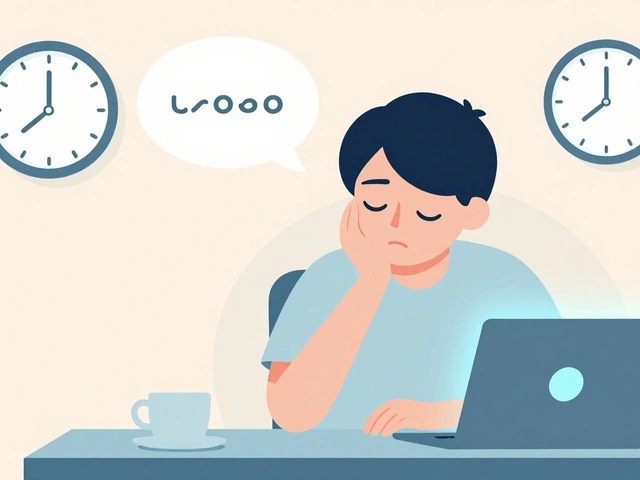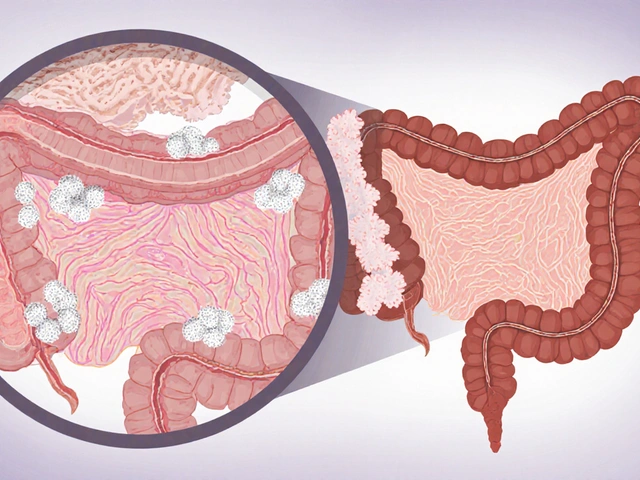SIBO Explained – What It Is, How It Feels, and What to Do About It
If you’ve ever felt bloated after a light meal, wondered why you’re constantly gassy, or notice unexplained weight loss, SIBO might be the culprit. SIBO stands for Small Intestinal Bacterial Overgrowth – basically too many bacteria hanging out in the part of your gut that normally has few. Those extra microbes mess with digestion, cause uncomfortable symptoms, and can even affect nutrient absorption.
Spotting the Signs – Common SIBO Symptoms
Most people with SIBO report a mix of the following:
- Bloating and abdominal distention, especially after carbs
- Recurring gas, burping, or flatulence
- Diarrhea, constipation, or alternating between the two
- Unexplained weight loss or difficulty gaining weight
- Fatigue that doesn’t improve with rest
- Feeling of fullness after just a few bites
These symptoms can look like IBS, food intolerance, or even a stomach flu, which is why many people go undiagnosed for months. If you tick several of these boxes, it’s worth getting tested.
Testing, Treatment, and Diet – A Practical Roadmap
First step: a breath test. Your doctor will give you a sugar solution (usually lactulose or glucose) and measure hydrogen and methane gases you exhale. Elevated levels point to bacterial overgrowth.
Once confirmed, treatment usually combines three parts:
- Antibiotics or herbal antimicrobials – Rifaximin is a common prescription; some people prefer oregano oil, berberine, or neem for a natural approach.
- Diet changes – The low‑FODMAP diet or a Specific Carbohydrate Diet (SCD) helps starve the bacteria. Start by cutting high‑FODMAP foods like onions, garlic, wheat, and certain fruits. Gradually re‑introduce them to see what triggers you.
- Probiotic and motility support – After cleaning out the excess bacteria, you’ll want to restore good microbes and keep things moving. A probiotic with Lactobacillus reuteri or Saccharomyces boulardii works well, and a low dose of prokinetic agents (like low‑dose naltrexone or ginger) helps prevent recurrence.
Stay hydrated, chew food thoroughly, and try to eat smaller meals more often. Stress management is also key; cortisol spikes can slow gut motility, creating a perfect environment for bacterial overgrowth.
Most people feel better within a few weeks of starting the regimen, but the underlying cause—often a slowed small‑intestine movement or an anatomical issue—needs attention to keep SIBO from coming back.
Bottom line: if you’re tired of endless bloating and unpredictable bathroom trips, think SIBO. A simple breath test can confirm it, and a combo of targeted antibiotics, a low‑FODMAP diet, and gut‑supporting habits can bring relief fast. Keep an eye on your symptoms, and don’t hesitate to talk to a healthcare professional who gets the whole gut picture.

Curious if rifaximin can help you lose weight? Get a clear, evidence-based answer, who might benefit, risks, costs, and safer strategies in 2025.





